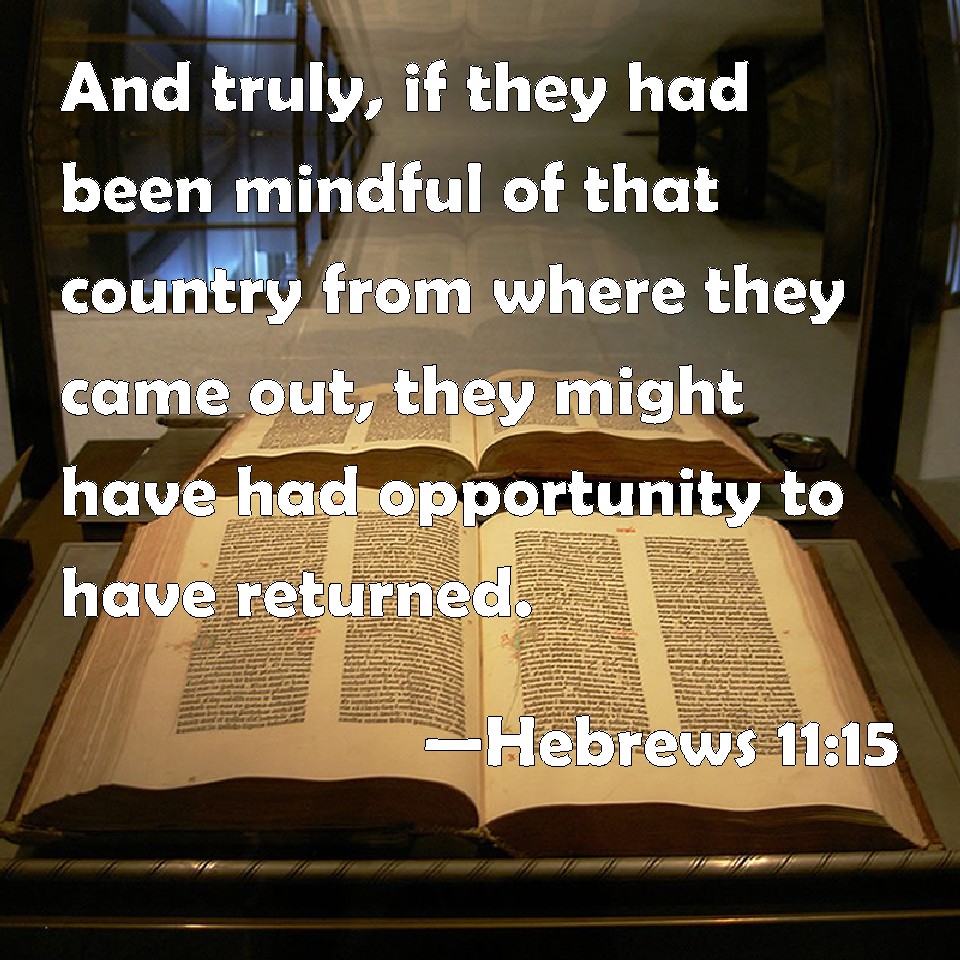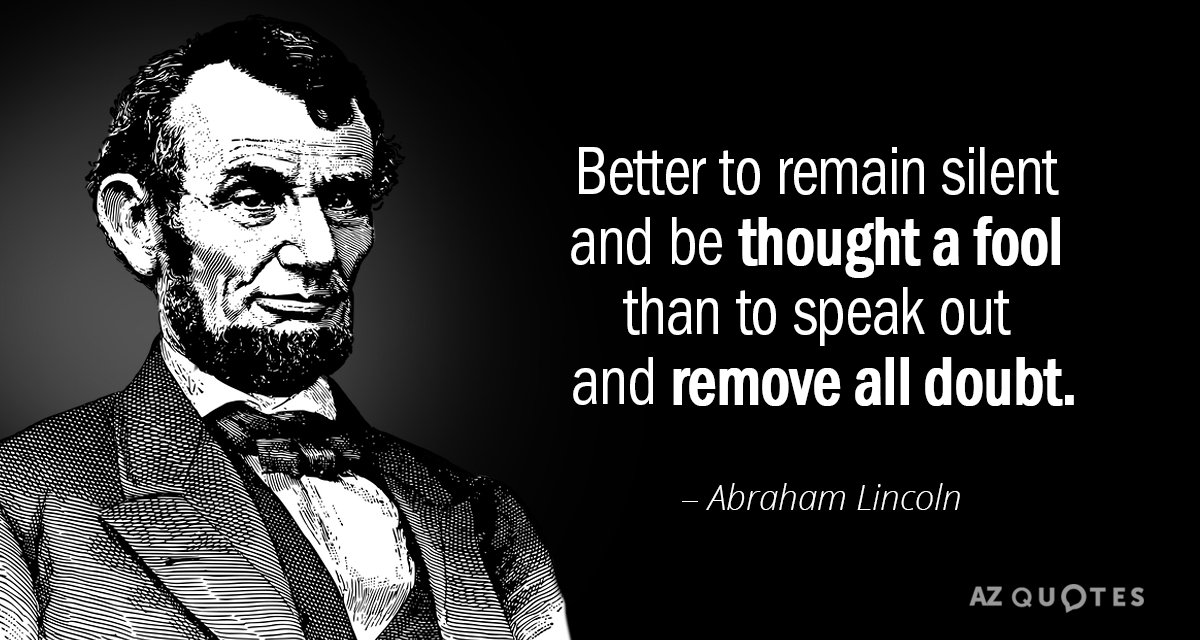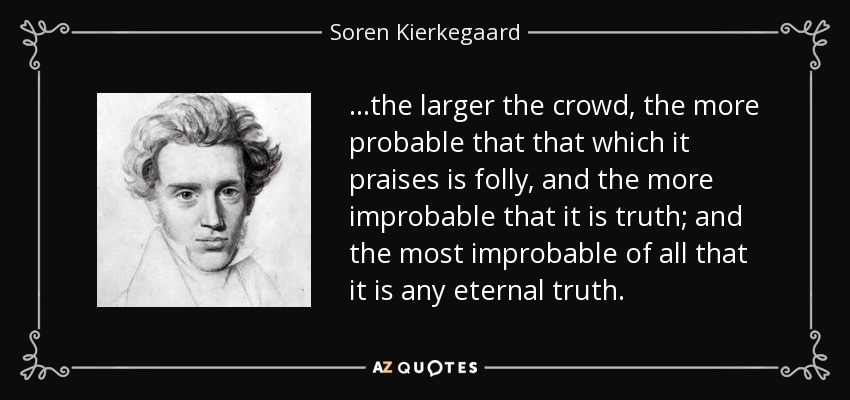Click here to return to Blog Post Into
Purity of Heart: Is To Will One Thing by Søren Kierkegaard
As Kierkegaard considered James 4:8, he noted, “For only the pure in heart can see God, and therefore, draw nigh to Him; and only by God’s drawing nigh to them can they maintain this purity. And he who in truth wills only one thing can will only the Good, and he who only wills one thing when he wills the Good can only will the Good in truth.”
Barriers to Willing One Thing
The person who wills one thing that is not the Good, he does not truly will one thing. It is a delusion, an illusion, a deception, a self-deception that he wills only one thing. For in his innermost being he is bound to be double-minded. Therefore the Apostle says, “Purify your hearts ye double-minded,” that is, purify your hearts of double-mindedness; in other words, let your heart in truth will only one thing, for therein is the heart’s purity.
The Reward-Disease
One who desires the Good for the sake of the reward does not will one thing, but is double-minded. One who hankers after a reward is so double-minded that another hardly knows whether to laugh or to weep over him, if one does not know that all double-mindedness is destruction.
Willing Out of Fear of Punishment
Next, it must be said that one who only wills the Good out of fear of punishment does not will one thing. He is double-minded. There is another illness, a still more destructive one: to fear what a man should not and ought not to fear. The first illness is defiance and obstinacy and willfullness. The second is cowardice and servility and hypocrisy.
Someone may think that by punishment is meant what is now seldom mentioned—the punishment of eternity. If by the word punishment, one thinks of eternity’s punishment, it gives a false impression, as if indeed it were not double-mindedness to will the Good only out of fear of punishment. But yet this is double-mindedness.
Double-mindedness seldom dwells on eternity’s punishment. The punishment it fears is more often understood in an earthly and temporal sense.
Should a man love neither the earth, nor the pleasures of the eye, nor the pleasures of the flesh, nor a haughty life; should he covet neither what is the world’s, the possession of money and prestige among men, then he shall fear neither what is the world’s, neither the world nor men, neither poverty nor the expelling hand of persecution. If he fears these things, then he is the prey of double-mindedness, just as in this double-mindedness he is the slave of mankind.
Egocentric Service
Furthermore it must be said that one who wills the Good and wills its victory out of a self-centered willfullness does not will one thing. He is double-minded.
Keep thy heart with all diligence, it must be cleansed of selfishness, kept from selfishness. It must not be delivered up to its own devices.
Commitment to a Certain Degree
Before finally leaving the subject of double-mindedness for a similar examination of purity, the talk should at least touch upon that versatile form of double-mindedness: the double-mindedness of weakness as it appears in the common things of real life; upon the fact that the person who only wills the Good up to a certain degree is double-minded.
In the midst of busyness, double-mindedness is to be found. Just as the echo dwells in the woods, as stillness dwells in the desert, so double-mindedness dwells in the press of busyness.
Is this not the sole certainty: that one’s so-called conviction is not altered from moment to moment as a result of the different things that happen, things that momentarily alter a person and alter everything for a person so that today he has faith, and tomorrow he has lost it, and he gets it again day after tomorrow until something completely out of the ordinary happens, at which time he almost inevitably loses it, assuming that he has ever had it!
The Price of Willing One Thing
Commitment, Loyalty, and Readiness to Suffer All
If one shall will the good in truth, then he must be willing to do all for the good or be willing to suffer all for the good.
Purity of heart is to will one thing, but to will one thing could not mean to will the world’s pleasure and what belongs to it, even if a person only named one thing as his choice, since this one thing was one only by a deception. Nor could willing one thing mean willing it in the vain sense of mere bigness which only to a man in a state of giddiness appears to be one.
In order to genuinely will one thing, one must in truth will the good, then he must be willing to do all for it or suffer all for it.
The Exposure of Evasions
The one who in truth wills the Good, puts cleverness to an inward use: in order to prevent all evasions and thereby to help him enter into and persist in the commitment.
Above all, the one, who in truth wills the Good must not be “busy.” In quiet patience he must leave it to the Good itself, what reward he shall have, and what he shall accomplish. When he leaves this world, he leaves nothing behind him, he takes all with him, he loses nothing, he gains all—for “God is all to him.”
An Examination of the Extreme Case of an Incurable Sufferer
If a man in truth wills the Good then he must be willing to suffer all for the Good. He must be willing in his decision to be and to remain with the Good. For he may also suffer and suffer and continue to suffer without ever arriving at any decision, in the true sense, of assenting to the suffering.
It is well not to turn away from the sight of suffering too soon. Let us properly dwell upon it, being convinced that for the deadly disease of “busyness” there is no medicine so specific as the pondering of the hard path of the true sufferer and as a fellow human being sharing with him in the common lot of suffering.
The career of many a busy man is described by and gives rise to fresh busyness. The contemplation of such an unfortunate one is an excellent antidote for busyness.
Earthly hope should be put to death, for in just this way did man first come to be saved by the true hope. Therefore the sufferer should never be willing to “accept deliverance” (Hebrews 11:15) on this world’s terms.
The Sufferer’s Use of Cleverness to Expose Evasion
The sufferer who sincerely wills the Good, uses this very cleverness to cut off evasions and hence to launch himself into the commitment and to escape the disillusionments of choosing the temporal way.
One thing still remains to be discussed before leaving the matter of sufferings: Can one be said to will suffering? Is not suffering something that one must be forced into against his will? Yes, for many men it is almost an impossibility for them to unite freedom and suffering in the same thought. Hence, when they see a man of means who could spend his time easily and comfortably, when they see him straining himself as much as a scrupulous workman, exposing himself to many sufferings, choosing the burdensome way of a higher calling: they look upon him as either a fanatic or a lunatic.
Courage voluntarily chooses suffering that may be avoided; but patience achieves freedom in unavoidable suffering. By his courage, the free one voluntarily lets himself be caught, but by his patience the prisoner effects his freedom—although not in the sense that need make the jailer anxious or fearful.
Purity of heart is a figure of speech that compares the heart to the sea, and why just to this? Simply for the reason that the depth of the sea determines its purity, and its purity determines its transparency. Since the sea is pure only when it is deep, and is transparent only when it is pure, as soon as it is impure it is no longer deep but only surface water, and as soon as it is only surface water it is not transparent.
Today if you should see it so, you would be drawn upwards by contemplating the purity of the sea. If you saw it every day, then you would declare that it is forever pure—like the heart of that man who wills but one thing. As the sea, when it lies calm and deeply transparent, yearns for heaven, so may the pure heart, when it is calm and deeply transparent, yearn for the Good.
What Then Must I Do?
The Listener’s Role in a Devotional Address
What kind of life do you live, do you will only one thing, and what is this one thing?
Live as an “Individual”
Are you living in such a way that you are conscious of being an “individual”? Whether you yourself are conscious of that most intimate relation to yourself as an individual, you do not carry the responsibility for your wife, nor for other men, nor by any comparative standard with other men, but only as an individual, before God, where it is not asked whether your marriage was in accordance with others, with the common practice, or better than others, but where you as an individual will be asked only whether it was in accordance with your responsibility as an individual.
How you act and the responsibility for it is finally wholly and solely yours as an individual.
Your Occupation and Vocation
What is your occupation in life? Whether your occupation is great or mean, is it of such a kind that you dare think of it together with the responsibility of eternity?
In your occupation, what is your attitude of mind? And how do you carry out your occupation? Have you made up your own mind that your occupation is your real calling so that you do not have to make explanation hinge on the result, maintaining that it was not your real calling if the results are not favorable, if your efforts do not succeed? Alas, such fickleness weakens a man immeasurably. Therefore persevere.
What means do you use in order to carry out your occupation? Are the means as important to you as the end, wholly as important? Eternally speaking, there is only one means and there is only one end: the means and the end are one and the same thing. There is only one end: the genuine Good; and only one means: this, to be willing only to use those means which genuinely are good—but the genuine Good is precisely the end.
And what is your attitude toward others? Are you at one with all—by willing only one thing? Or do you contentiously belong to a party, or is your hand raised against every man and every man’s hand raised against you? Do you wish for all others what you wish for yourself, or do you desire the highest thing of all for you and yours, or do you desire that that which you and yours desire shall be the highest thing of all? Do you do unto others what you will that they should do unto you—by willing only one thing?
The doctor and the pastor ask about your health, but eternity makes you responsible for your condition. According to the Apostle, “Suffering taught him patience, patience taught him experience, experience taught him hope.”
Conclusion: Man and the Eternal
Indeed our life is like that of most others. Each must himself become an individual, that through this needle’s eyes he must press forward to the narrow way where no comparison cools, but yet where no comparison kills with its insidious cooling. The broad way, on the other hand, is broad because so many travel upon it. The crowd’s way is always broad.
Thou that givest both the beginning and the completion, give Thou victory in the day of need so that what neither a man’s burning wish nor his determined resolution may attain to, may be granted unto him in the sorrowing of repentance: to will only one thing.
Kierkegaard’s Address Outlined
- If it is to be possible, that a man can will only one thing, then he must will the Good.
- If it be possible for a man really in truth to will one thing, then he must will the Good in truth.
- If it be possible for a man to will the Good in truth, then he must be at one with himself in willing to renounce all double-mindedness.
- The man who desires the Good for the sake of the reward does not will one thing, but is double-minded.
- The man who only wills the Good out of fear of punishment does not will one thing. He is double-minded.
- The man who wills the Good and wills its victory out of a self-centered willfullness does not will one thing. He is double-minded.
- There is a versatile form of double-mindedness: the double-mindedness of weakness as it appears in the common things of real life; upon the fact that the person who only wills the Good up to a certain degree is double-minded.
- If a man shall will the good in truth, then he must be willing to do all for the good or be willing to suffer all for the good.
- If a man shall will the good in truth, then he must be willing to do all for the Good.
- If a man in truth wills the Good then he must be willing to suffer all for the Good.
- If it be possible for a man to will the Good in truth, then he must be at one with himself in willing to renounce all double-mindedness.






